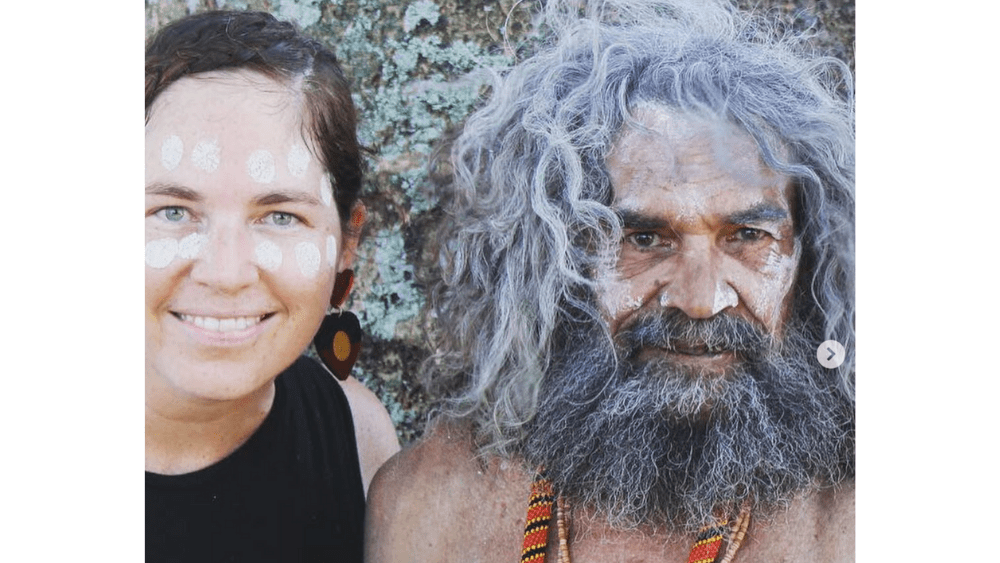Remembering the National Apology to Stolen Generations
First Nations Christians reflect on the historic day, 12 years on
On 13 February 2008, then Prime Minister Kevin Rudd made a formal National Apology on behalf of the Australian Parliament to Aboriginal and Torres Strait Islander peoples. The apology was specifically for the Stolen Generations, a term used to describe Aboriginal and Torres Strait Islander people who suffered as a result of past government policies of forced child removal and assimilation.
This year, on the anniversary of the occasion, Eternity asks Aboriginal and Torres Strait Islander Christians, who’ve grown up since the Stolen Generation, to reflect on where they were, what they were doing and what the National Apology meant to them.
The day before the big day
It was the day before Kevin Rudd was going to deliver the National Apology and I was driving my Uncle and a bunch of older Aboriginal men to Canberra for the official event. We were almost there and stopped off at a tavern for dinner.
After a while I noticed a bunch of non-Aboriginal guys kept looking at us and it was getting obvious they were talking about us. They were big, tough-looking guys and I was starting to get nervous. I was the youngest in the group and even though I’ve got a background in boxing, I knew I couldn’t have protected all the old fellas from this group of men if they started something. I was really getting nervous, thinking, ‘This isn’t going to end well’.
Then this one guy approached us – a big unit – and I was thinking ‘I’m gonna get myself killed, here.’
“Are you guys here for that big apology that’s happening tomorrow?” he asked me.
“Yeah, yeah we are,” I said.
“Well we’ve got something we want to say to you,” he said. “Before all that starts tomorrow. Before they say sorry tomorrow … Well, we’re sorry. We just want to tell you all that we’re sorry.”
It was one of the most impacting moments of my life.
– Shane Phillips, 54 years, Eora
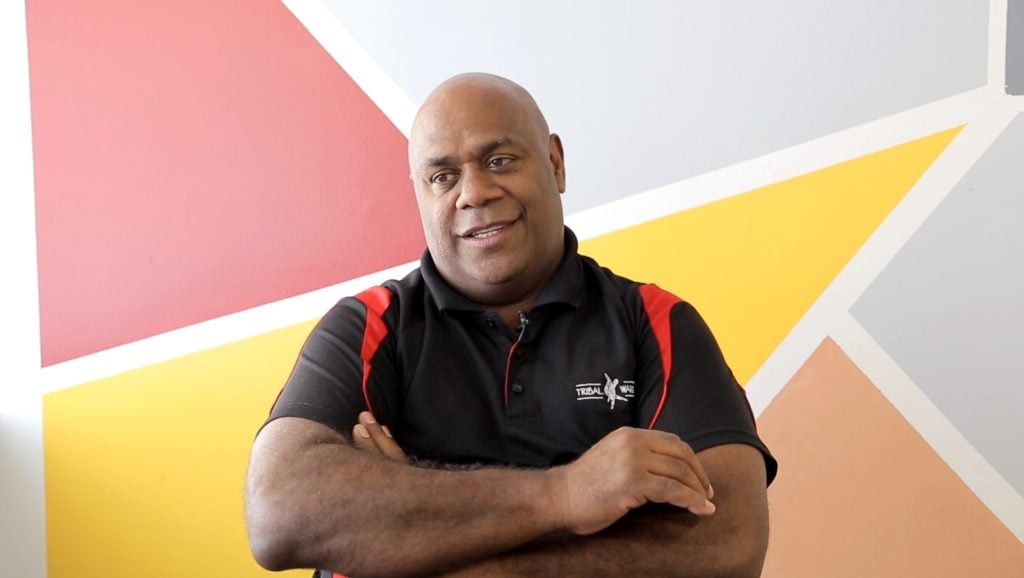
Shane Phillips, CEO of Tribal Warrior
Alone and on the phone
I was working at my first professional job at Brisbane City Council. I think I was too ashamed to take the day off. I walked past a TV that was playing it. [There was] no volume so I read the closed captions on the screen. It felt a bit strange, being in this new shiny foreign environment and [watching] something that was so important and monumental by myself.
I cried. Didn’t really care who saw me. I thought of my dad who was taken away and the far reaching and deep impact it has had on his life. When you reflect on those individuals stories across the nation, you begin to realise just how important this moment was and is.
I called my dad, we cried together. He said ‘change is happening, my baby, change is happening’. Those words will stick with me forever!
– Elle Davidson, 31 years, (also pictured at top of story with her father), Balanggarra
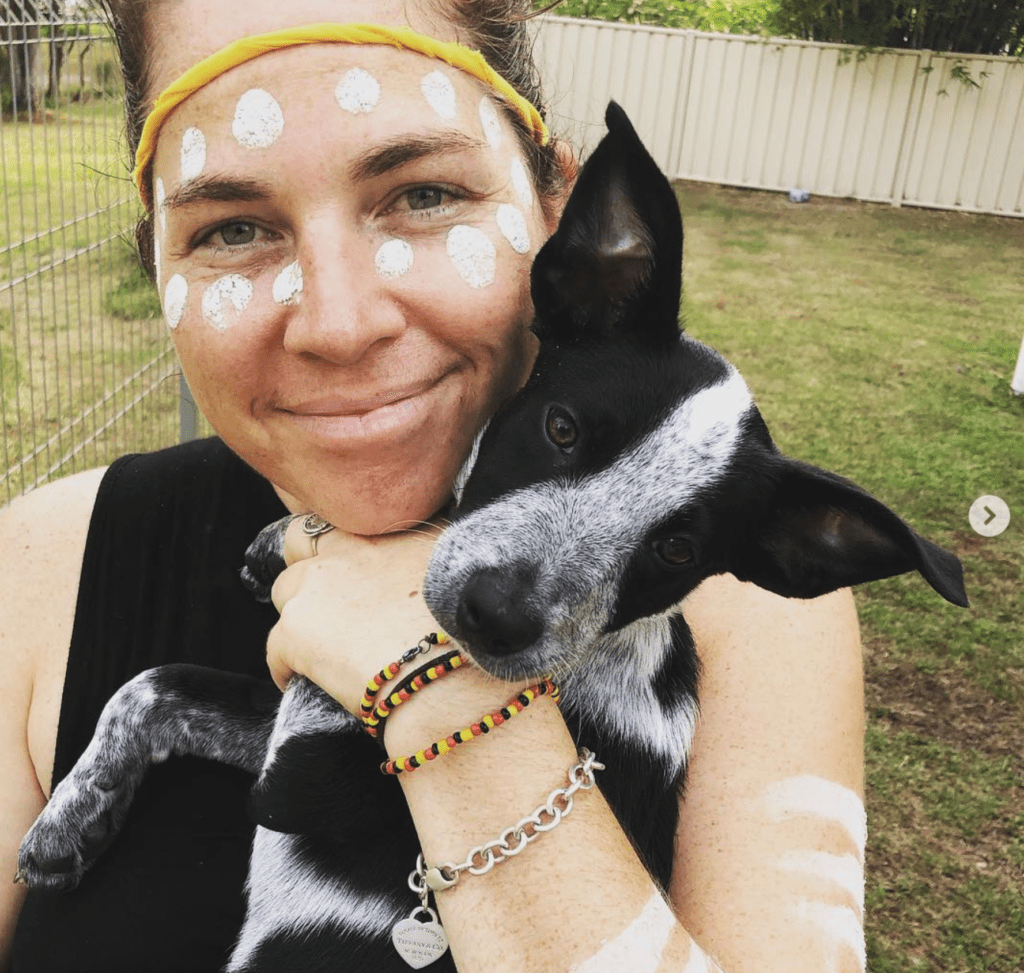
Elle Davidson
A personal moment in a workday
When ‘Kevin 07’ stood before the nation and said ‘Sorry’, it was a moving moment in the history of our nation. I desperately wanted to be present to witness this occasion at the nations’ capital and had requested time off work in my retail job to attend. That request was denied and so I went to work that day accompanied by a small radio I had delicately tuned to the ABC, to be able to hear the address.
“I am sorry” the words rang out and impacted me in a way I had not anticipated. My family’s Indigenous identity had suffered because of the prevalence of assimilationist attitudes in society and, as such, my relationship to my own Indigeneity was complex. I had questions about what it meant to be Aboriginal and what that meant for me personally.
When those words of apology were spoken, I felt them on a personal level. I felt that there were some misgivings or regret (although, perhaps, not remorse) that political leadership had about the destructive policies and practices that had meant that I was disconnected from my Aboriginal cultural heritage.
Although I was already on a path to reclaiming my Indigenous identity, this was a key moment where that journey progressed and I felt perhaps a new level of confidence to continue down the path of reclamation.
– Adam Gowen, 36 years, Wiradjuri
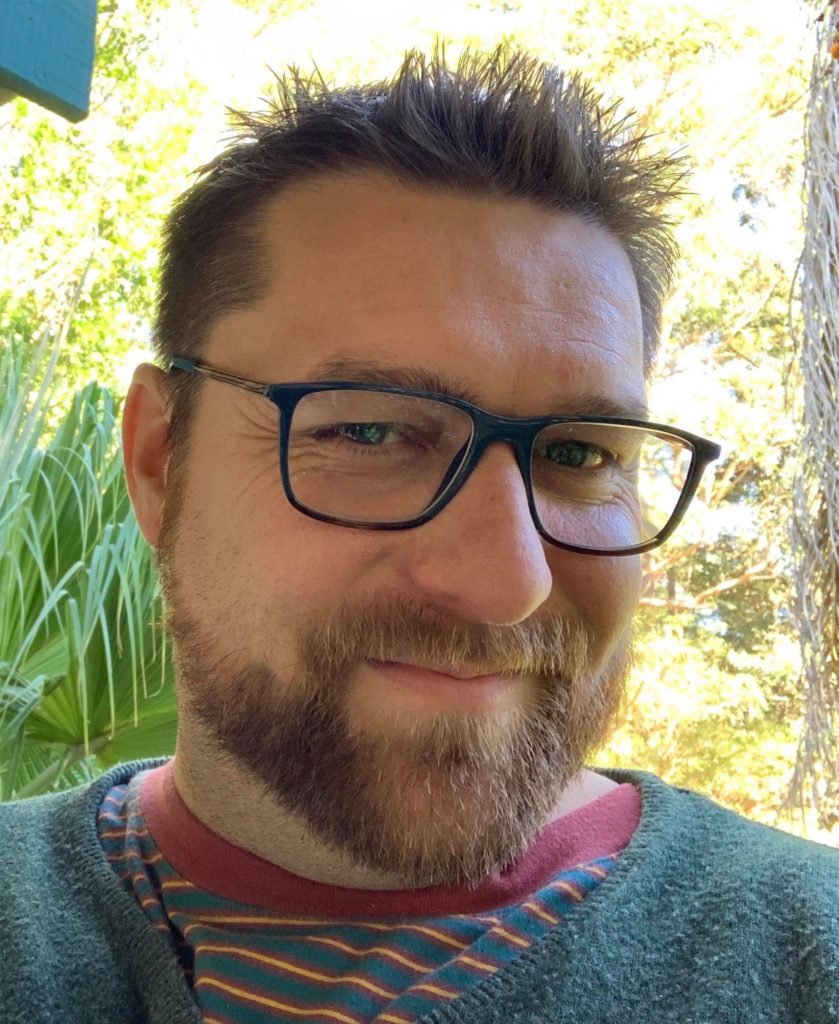
Adam Gowan
In a sea of people in Canberra
How can a simple word conjure a feeling of gratefulness, historically not a feeling we connect with the government? I remember feeling this, sitting among a sea of people in Canberra, hearing their cries, their applause, their relief of finally being acknowledged.
Has the Apology healed our country? No, but it’s a vital step to our journey to healing and reconciliation. We always must ask ourselves what else are we ‘sorry’ for?
– Larissa Minniecon, 39 years, Kabi Kabi/Gureng Gureng and Torres Strait Islander
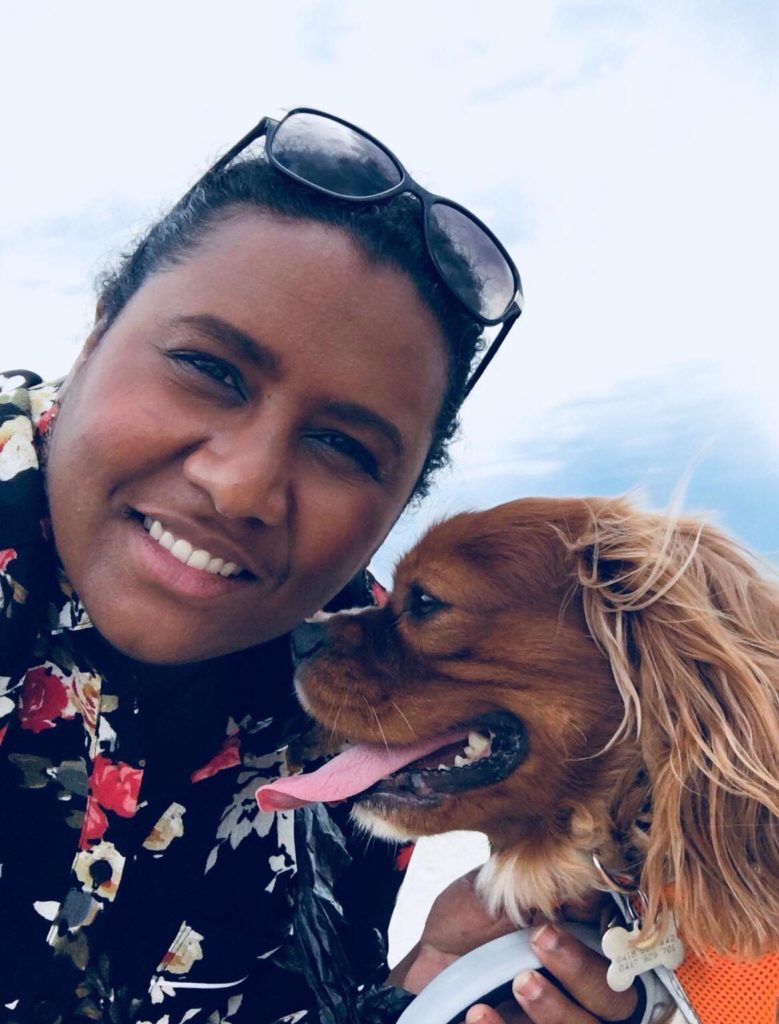
Larissa Minniecon
Impact felt seven years later
I don’t remember where I was, to be completely honest. I remember watching a TV screen and seeing our old people crying, holding each other. I’ll never forget that image.
In 2015, I was at a conference where I got to listen to Chief Littlechild – a First Nation Canadian activist – speak about their version of the Stolen Generation. He said, “We set up a Truth & Reconciliation committee where the victims were able to come and share their stories and speak openly. Then, we invited perpetrators to come and share their story without consequence because it was one thing to stand up and say they did that to me, it was another thing for someone to stand up and say I did that to them.”
I remembered back to the vision of them old people crying, how they must have felt. For years they said, “You did this to me.” But for the first time in our history, our Government acknowledged we did that to them.
– Benny Eggmolesse, 37 years, Kunja Budjiti
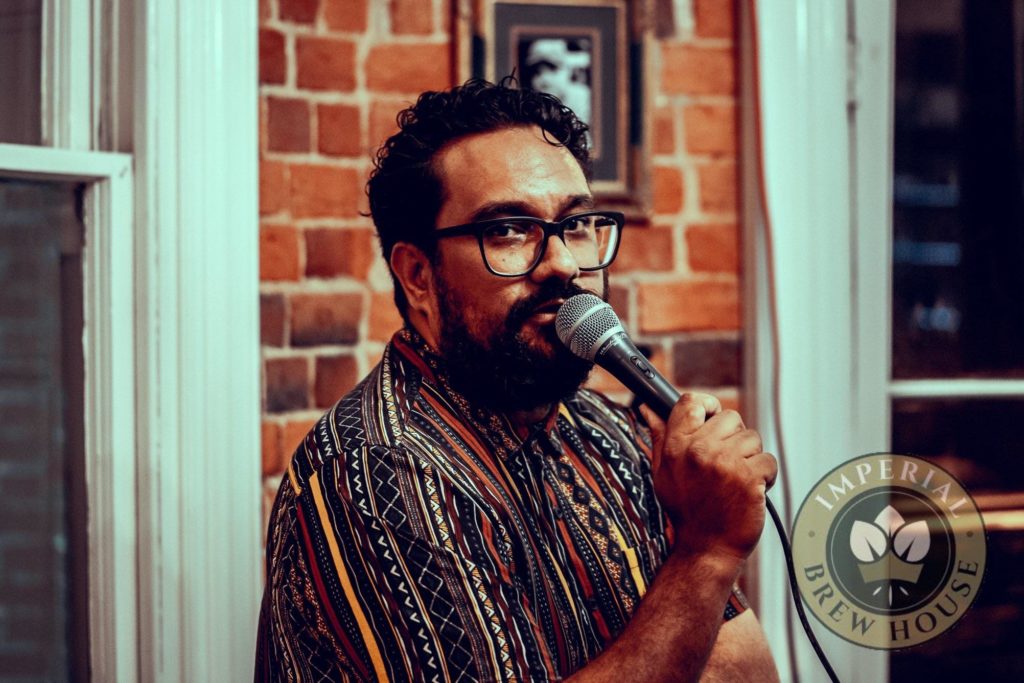
Benny Eggmolesse
Email This Story
Why not send this to a friend?
